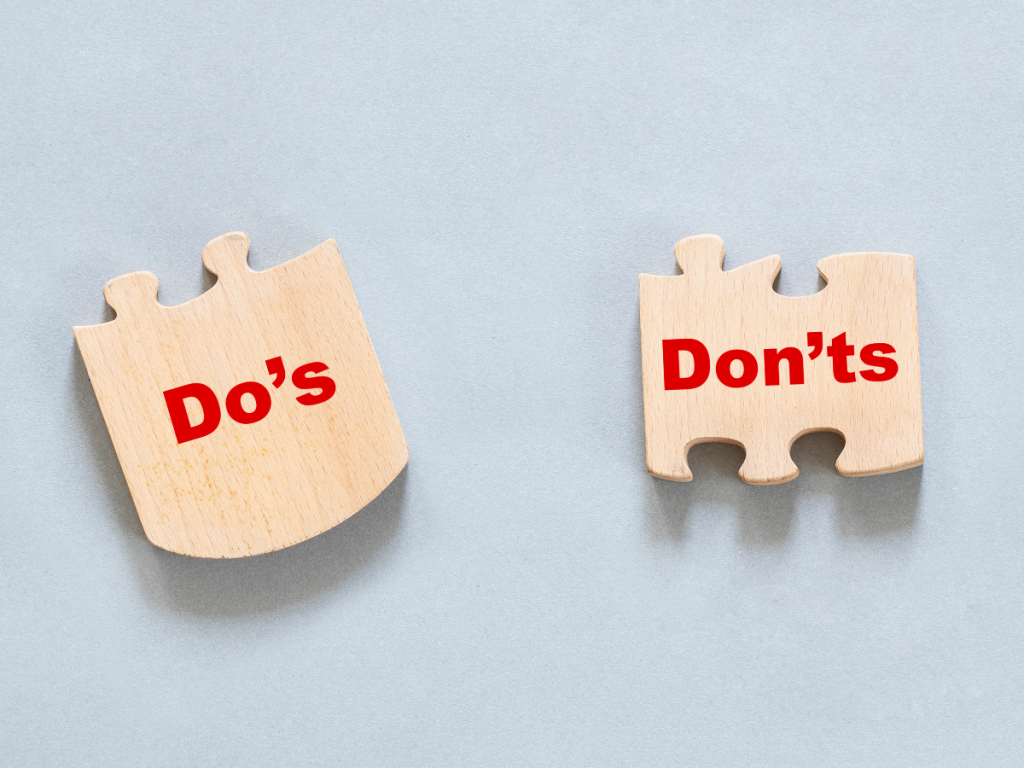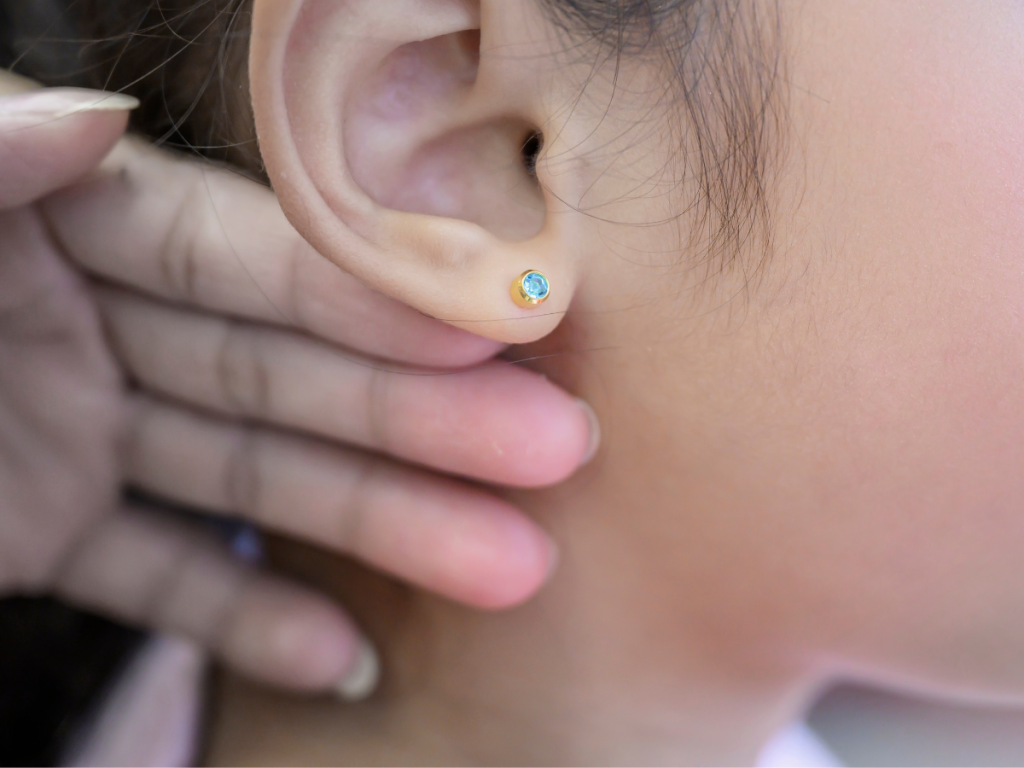
Body piercing has become a trend nowadays, and everyone feels excited about getting a new piercing. It not only makes them show their style, but also makes them feel extravagance. But for every luxury, there comes a responsibility—a responsibility to take care of it. The following precautions for a safe and healthy piercing cannot be overstated. You can’t just insert the jewellery and expect to have no problems afterwards. Thus, if you are someone who doesn’t know how to be careful with your piercing, give this blog a read. It will help you with your new piercing.
- Wash your piercing with Saline/Sea Salt Solution.

Making your piercing dirt-free and bacteria-free, make this habit of cleaning your piercing area with a saline solution, or you can make a sea salt solution yourself. It will facilitate to speed up your healing process. But before using saline solution, do a patch test to avoid irritation.
You can make a sea salt solution home by mixing ¼ teaspoon of non-iodized salt with 8 oz. of purified water. You can dip your piercings into the solution or pour the solution into the spray bottle and spray directly into the area to accelerate the healing process. Don’t use iodine, as it will irritate your skin.
Moreover, you have to clean your piercing twice a day. Excessive cleaning will go to dry the area, which leads to irritation and a slow healing process.
- Discontinue products that contain chemicals.
Avoid anything that contains chemicals, as they can irritate the piercing. The things to avoid are perfumes, makeup, hairsprays, or hair colours. They have ingredients that can build up bacteria in the piercing area, thus leading to infection. You must also avoid waxing and shaving around your new piercing during this period.
- Don’t let the new piercing touch anything.

The most important thing to remember is that you should not touch or contact with your new piercing at all during the healing process. It is the best way to take care of it. You may only touch the piercing when it is necessary. When changing clothes, having a bath or eating food, ensure the piercing area is not disturbed; otherwise, it may lead to tearing or infection. Moreover, avoid sleeping on the side where you get the new piercing.
- Avoid wearing fitted jewellery.
Wearing fitted jewellery in a new piercing can badly affect the piercing because when you get a new one, you need to breathe. The healing process speeds up when there is more air circulation. Therefore, if you wear tight jewellery, it will be unable to move and can cause swelling, and even blood clotting can occur.
Say NO to piercing guns.

Don’t get your body pierced with a gun. Although it’s a quick procedure but the blunt pressure on the area can cause tissue damage or even scarring. It’s important to understand that whenever any foreign object comes together with the skin, it should be properly sterilized to avoid infections. In the case of piercing guns, as they are made of plastic, it is difficult to sterilize them.
Hollow needles are recommended because they can be sterilized and discarded after every use. So, it is highly recommended to always go for a piercer who only uses sterilized products for piercing.
- Choose a suitable material for the initial piercing.
When getting a piercing, make sure that you choose the jewellery carefully. Make certain the jewellery you are choosing is hypoallergenic. Jewellery that is made up of titanium, stainless steel, platinum or 14k/18k gold is highly recommended for initial piercings. Because of our body’s natural sensitivity to nickel, thus it is not recommended for new piercings and should not be used if you have sensitive skin. Some people may react to other metals, too; therefore, always check with your piercer if you have any known allergies before having your new piercing.
- Avoid taking out your piercing yourself.
If you think your piercing gets infected, don’t take it off yourself, as you can make it worse, talk to your piercer, or if it is severe, then it is essential to consult a doctor immediately. It is important to understand, not every swelling is related to infection. Sometimes, you can feel a bump or swelling after you get your piercing done. Continue washing it with saline solution twice a day, or as per your piercer instruction, it will disappear itself. But if it becomes painful and the swelling does not go away even after 24 hours, seeing a doctor is essential.
- Do research before visiting a piercing studio.
Always do research when visiting a piercing studio and choose it wisely. Because sometimes, piercers don’t follow hygiene, which can lead to severe consequences. Ensure the piercer you choose does the piercing in a hygienic environment with sterilized products to avoid future complications.
- Avoid removing jewellery before it heals.
Most people impatiently wait to change the jewellery before it fully heals. Six weeks is the minimum recommended time before changing your jewellery for a new piercing. It allows the wound to recover fully, but can vary depending on the area and placement. It’s better to ask your piercer.
The most important thing to remember when healing your new piercing is that it needs time and patience. It may take anywhere from 10 days to 3 weeks for a new piercing to heal completely, so take it easy and give your body time to get over the shock of the new pierce and let it look after itself. During this time, the above are the things you can do to ensure everything goes smoothly. Thus, piercing aftercare is essential until it heals properly or discomfort during the process. As compared to other piercings, you might catch swelling with this piercing, and it goes away on its own.